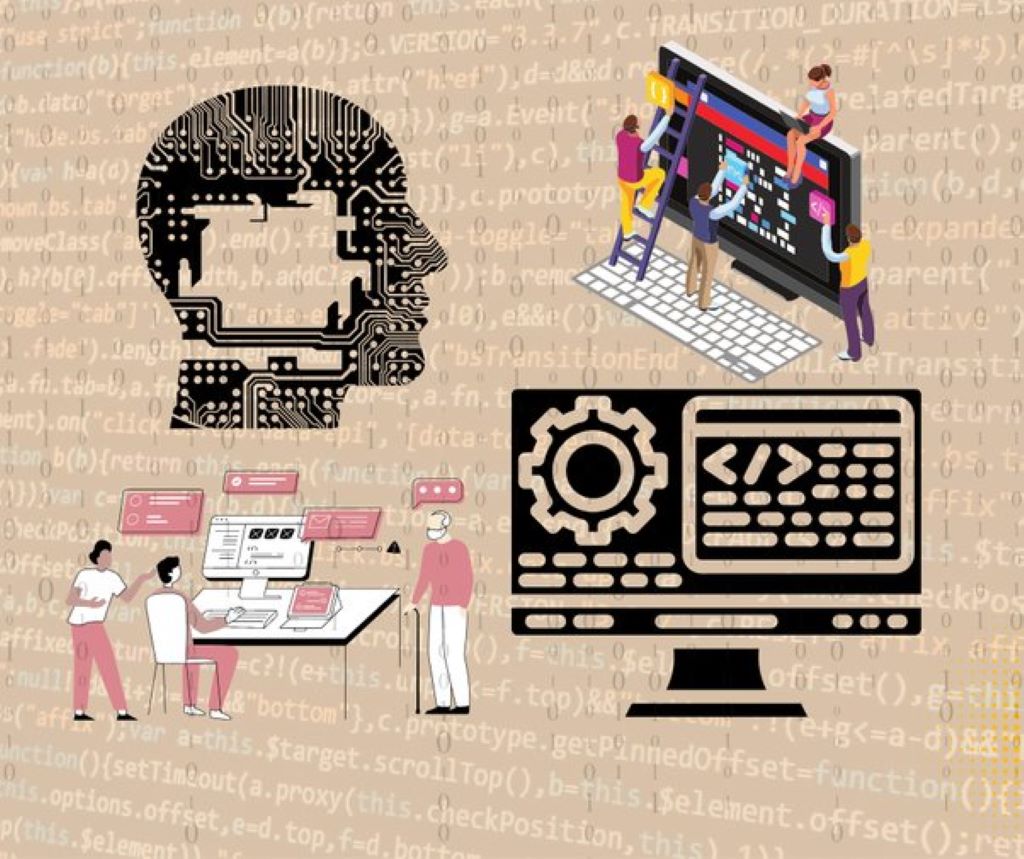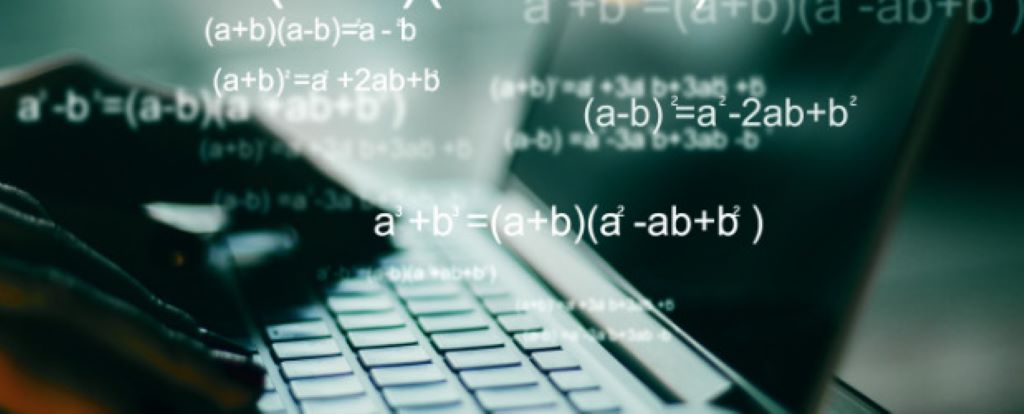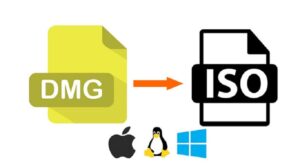If you’re interested in coding or considering a career in programming, you might have wondered, “Does coding use a lot of math?” It’s a common question among beginners who are eager to explore the world of coding but are unsure about the role of mathematics in the field. In this article, we will delve into this topic and provide you with a clear understanding of the relationship between coding and math.
The Intersection of Coding and Math
When we think of coding, we often associate it with writing lines of code and developing software applications. However, at its core, coding involves solving problems and manipulating data. This problem-solving aspect of coding often requires logical thinking and analytical skills, which are closely tied to mathematical concepts. Discover right now is software engineering hard.
The Fundamental Mathematical Concepts in Coding
1. Arithmetic Operations
Arithmetic operations, such as addition, subtraction, multiplication, and division, form the building blocks of coding. These operations are used extensively in various programming tasks, from simple calculations to complex algorithms.
2. Variables and Algebra
Variables play a crucial role in coding. They allow programmers to store and manipulate data. Understanding algebraic concepts, such as variables, equations, and formulas, helps programmers effectively use variables in their code.
3. Boolean Logic and Truth Tables
Boolean logic is a fundamental concept in programming. It involves evaluating conditions and making decisions based on true or false values. Truth tables, which are used to represent logical expressions, help programmers understand and implement complex logical operations.
4. Algorithms and Computational Thinking
Algorithms are step-by-step procedures for solving problems. They require a systematic approach and often involve mathematical thinking. Computational thinking, which is essential in coding, involves breaking down problems into smaller, manageable parts and applying logical and mathematical concepts to solve them.
5. Data Structures and Algorithms Analysis
Efficiently organizing and accessing data is crucial in coding. Understanding data structures, such as arrays, linked lists, and trees, allows programmers to optimize their code. Analyzing algorithms involves measuring their efficiency and performance, often using mathematical notations and concepts.
Real-World Applications of Math in Coding
While the foundational math concepts are important in coding, it’s equally essential to understand their practical applications. Here are some examples of how math is used in real-world coding scenarios:
Example 1: Graphics and Game Development
In graphics and game development, math plays a significant role. Concepts like geometry, trigonometry, and linear algebra are used to create realistic 3D environments, simulate physics, and implement animations.
Example 2: Financial Modeling and Data Analysis
In the finance industry, coding is employed to build sophisticated models and perform data analysis. Statistical concepts, probability theory, and calculus are used to analyze financial data, predict market trends, and make informed decisions.
Example 3: Machine Learning and Artificial Intelligence
Machine learning and artificial intelligence rely heavily on mathematical concepts and algorithms. Linear algebra, calculus, probability, and statistics enable programmers to develop models, train them on data, and make accurate predictions or classifications.
Conclusion
In conclusion, while coding doesn’t always require advanced mathematics, it does utilize various mathematical concepts and problem-solving skills. Understanding these concepts empowers programmers to write efficient code, solve complex problems, and develop innovative solutions. So, if you have an interest in coding but are concerned about math, remember that a solid foundation in mathematical thinking can greatly enhance your coding abilities. As you explore the world of coding and its relationship with mathematics, you might also come across practical tasks like how to change DMG to ISO, seamlessly integrating your newfound coding skills with essential problem-solving techniques.
FAQs
Q1: Can I learn coding without being good at math?
Yes, you can learn coding without being a math prodigy. While math skills can be advantageous, they are not an absolute requirement for learning and excelling in coding. With practice and dedication, anyone can become proficient in coding.
Q2: What math skills are most important for coding?
Basic arithmetic operations, understanding variables, and logical thinking are the most important math skills for coding. Focus on developing problem-solving abilities and a strong logical mindset rather than worrying about complex mathematical concepts.
Q3: Do all programming languages require math?
No, not all programming languages require advanced math. Some programming languages and domains focus more on logic and problem-solving than complex mathematical calculations. However, having a good grasp of fundamental math concepts will always be beneficial.
Q4: Can I be a programmer if I dislike math?
Disliking math doesn’t necessarily mean you can’t be a successful programmer. Programming is a diverse field, and there are many roles and projects where advanced math skills may not be essential. Find areas of coding that align with your interests and strengths.
Q5: How can I improve my math skills for coding?
To improve your math skills for coding, start by strengthening your foundational knowledge in arithmetic, algebra, and logical thinking. Practice solving coding problems that require mathematical reasoning and gradually explore more advanced concepts as you progress.



